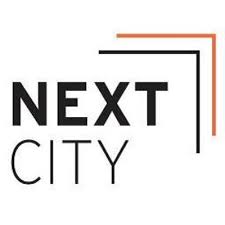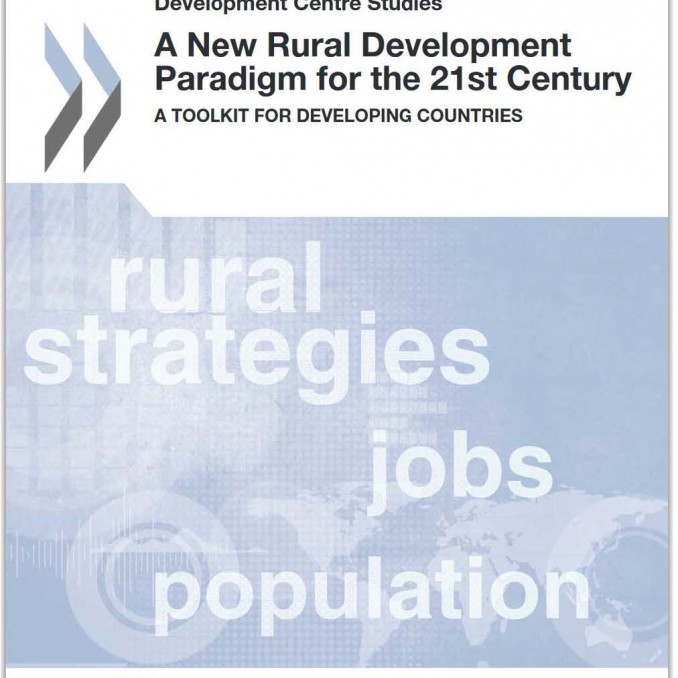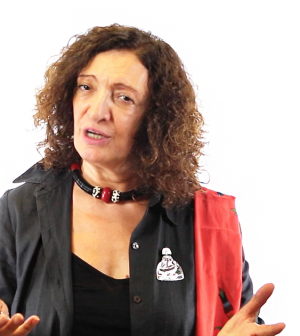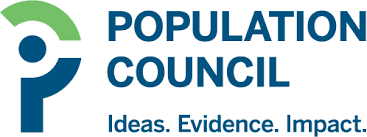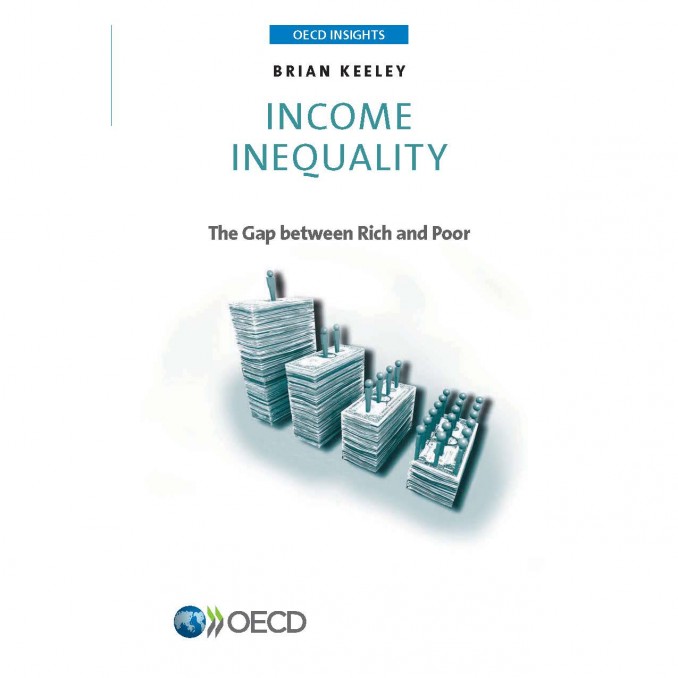10 Ways to Create a New Urban Agenda That Includes Older People – Next City
Op-Ed: Habitat III provides a unique opportunity to ensure that our growing cities serve aging urban populations equitably. Next City By Sion Jones |…
Habitat UNI
Habitat UNI is UN-Habitat’s partnership with universities worldwide. UNI (previously HPUI – Habitat Partner University Initiative) was introduced as a means of promoting cooperation…
Urban Initiatives
Urban Initiatives is a non-profit, non-partisan organization that consists of several community-based and faith-based institutes that respond to the economic, housing, and social needs…
OECD Report: A New Rural Development Paradigm for the 21st Century
Three billion people live in rural areas in developing countries. Conditions for them are worse than for their urban counterparts when measured by almost…
Manhattan Institute
A free-market think tank focusing on Economic Growth, Education, Energy and Environment, Health Care, Legal Reform, Public Sector, Race, & Urban Policy. The Manhattan…
Gender perspectives in urban planning – Ana Falú – UN-Habitat video series
This lecture aims to discuss the inclusion of women and gender perspectives in the debate around cities, incorporating proposals and experiences primarily related to…
Population Council’s BALIKA Project Findings- Delaying Child Marriage in Bangladesh
The Bangladeshi Association for Life Skills, Income, and Knowledge for Adolescents (BALIKA) project seeks to delay marriage by giving girls skills so that they…
Initiative for A Competitive Inner City (ICIC)
Founded in 1994 by Harvard Business School Professor Michael Porter, the Initiative for a Competitive Inner City is a nonprofit research and strategy organization…
The Association of African Women for Research and Development
The Association of African Women for Research and Development is a member of The General Assembly of Partners (GAP), Research and Academia partner constituent group.…
New OECD Insights Book: Income Inequality
Income inequality is rising. A quarter of a century ago, the average disposable income of the richest 10% in OECD countries was around seven…

